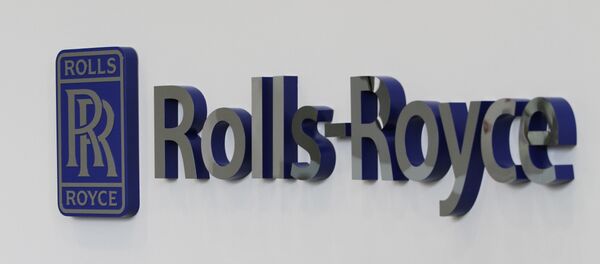Initial predictions were that the sector would rise to 54.4.
According to the PMI, any number above 50 indicates the sector is in "expansionary mode."
Economists have said that the sharp rise in the indicator was caused by "strong inflows of new work."
Solid performance from UK #manufacturing today in latest Markit/CIPS PMI index. International sales driving growth. https://t.co/TT35Xw54Gm
— Christian Spence (@GMCC_Christian) 1 August 2017
With Britain in the midst of Brexit negotiations and preparing to leave the bloc in 2019, this has come as welcome news to the government. However, the results have left economists confused as to why this boast in manufacturing has not led to an increase in the overall economy?
Lee Hopley, chief economist at EEF, the manufacturers' organization, said that the survey shows British manufacturing is on top form and "riding high going into the second half of the year."
"Above-trend responses across the key components of the survey would signal that the drag on overall economic growth from the sector in the second quarter of this year is likely to be temporary," Ms. Hopley said.
In February 2017, British industrial production was back on track with the trade deficit narrowing dramatically as the nation increased its trade volumes with non-EU markets in the midst of its divorce with the continent.
Steve Keen, Professor of Economics at Kingston University, told Sputnik in June that Brexit was a significant event which got everyone's attention, but many ignored a much more significant process — an actual decline in manufacturing in general. However, according to Professor Keen, what Britain is witnessing currently is an actual reversal of that decline.
Barclays On UK Manufacturing PMI pic.twitter.com/k5Z6efFof8
— Anthony Barton (@AntBarton89) 1 August 2017
"Over the last 20 to 30 years manufacturing has gone from being about 20 percent of the UK economy to about 10 percent, and that's disastrous in the long-term," he said.
When Rolls Royce announced that they will be investing US$160 million in the UK, Professor Keen said this was a good sign of things to come.
"If you want to grow, you need to have manufacturing, and this is a sign that it is on the rise rather than on the decline," Professor Keen told Sputnik.




